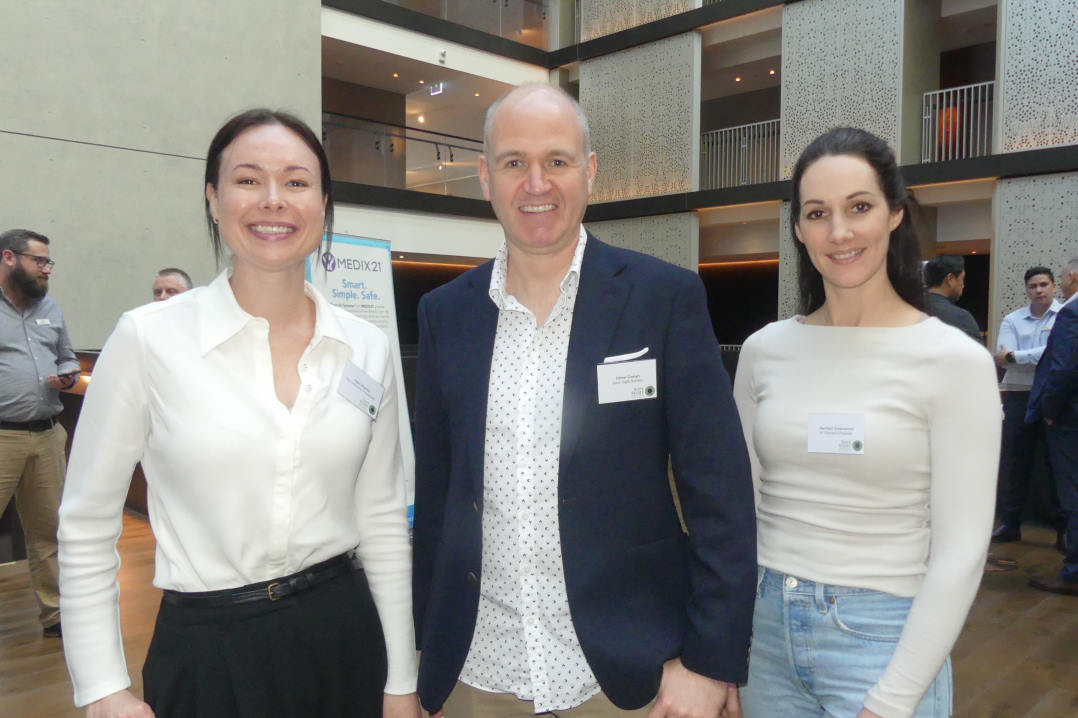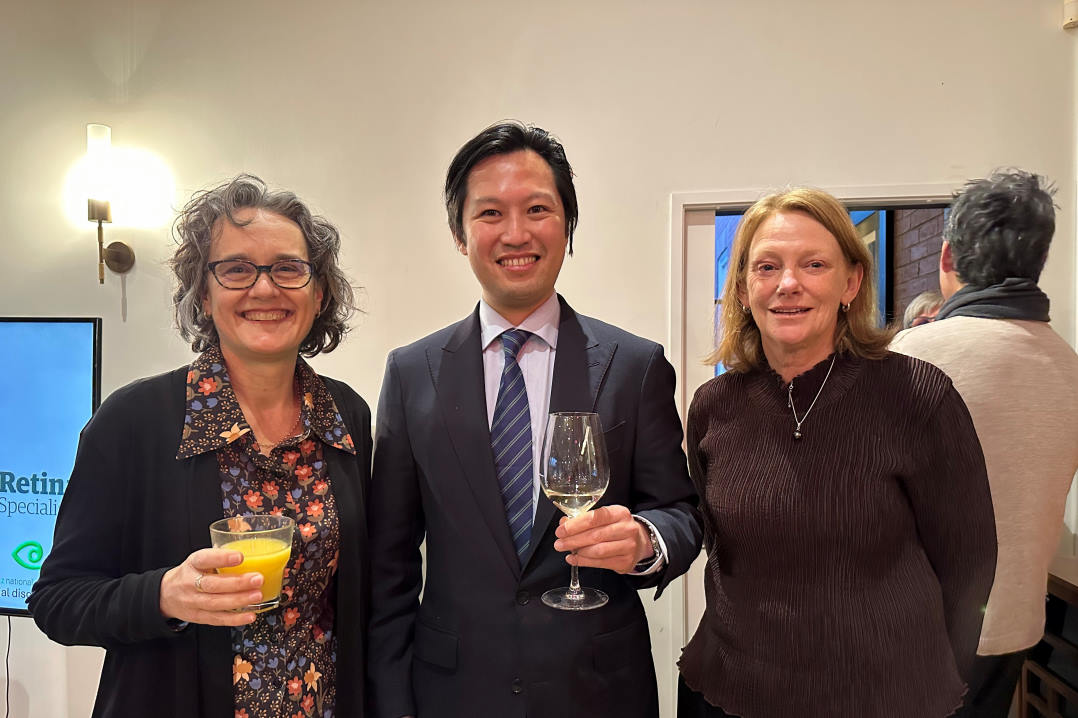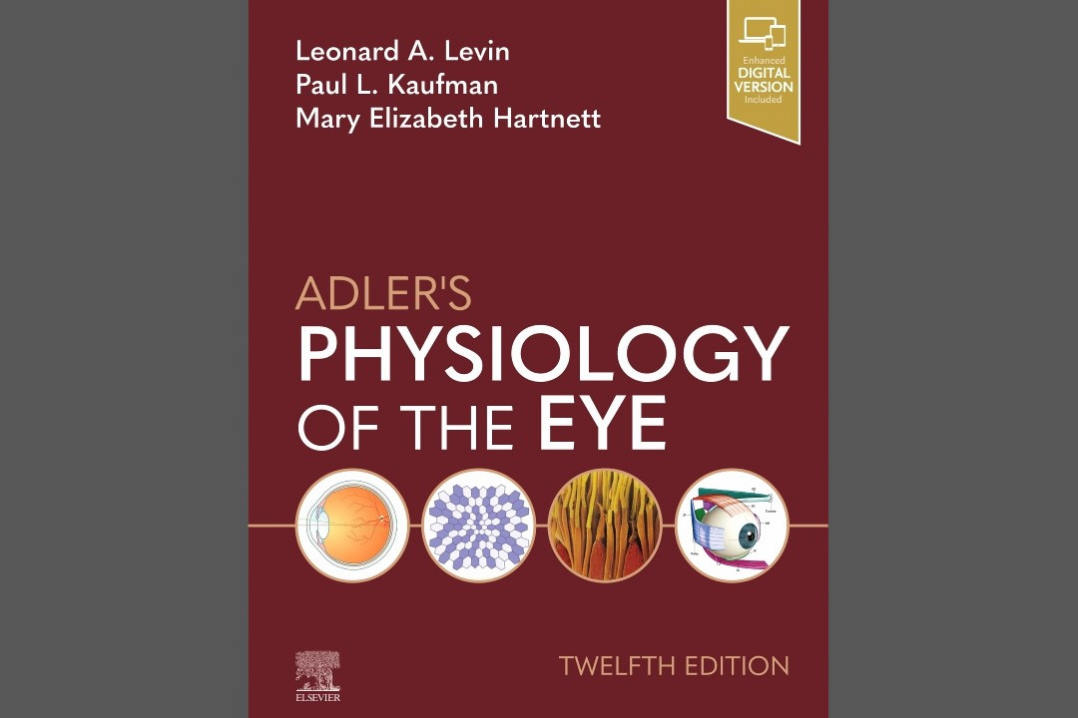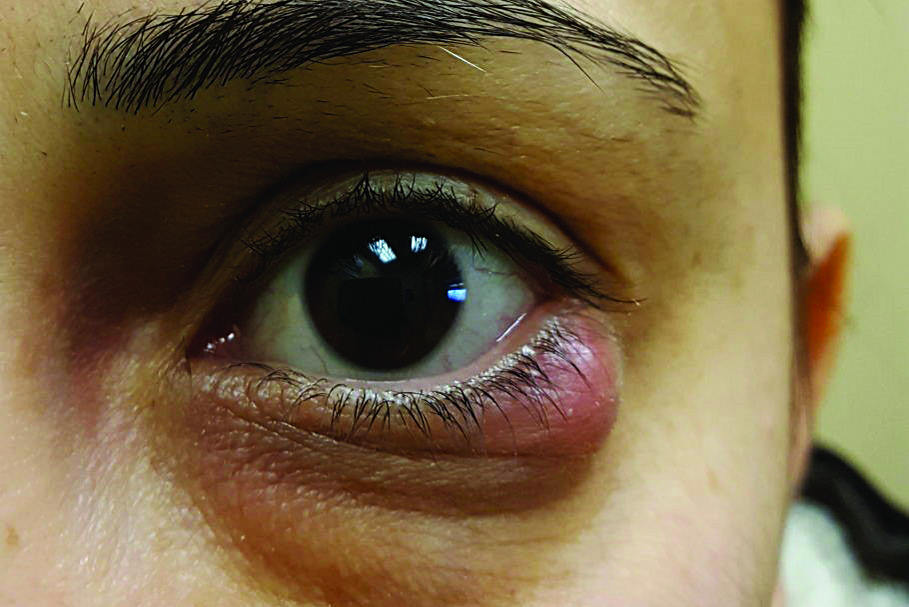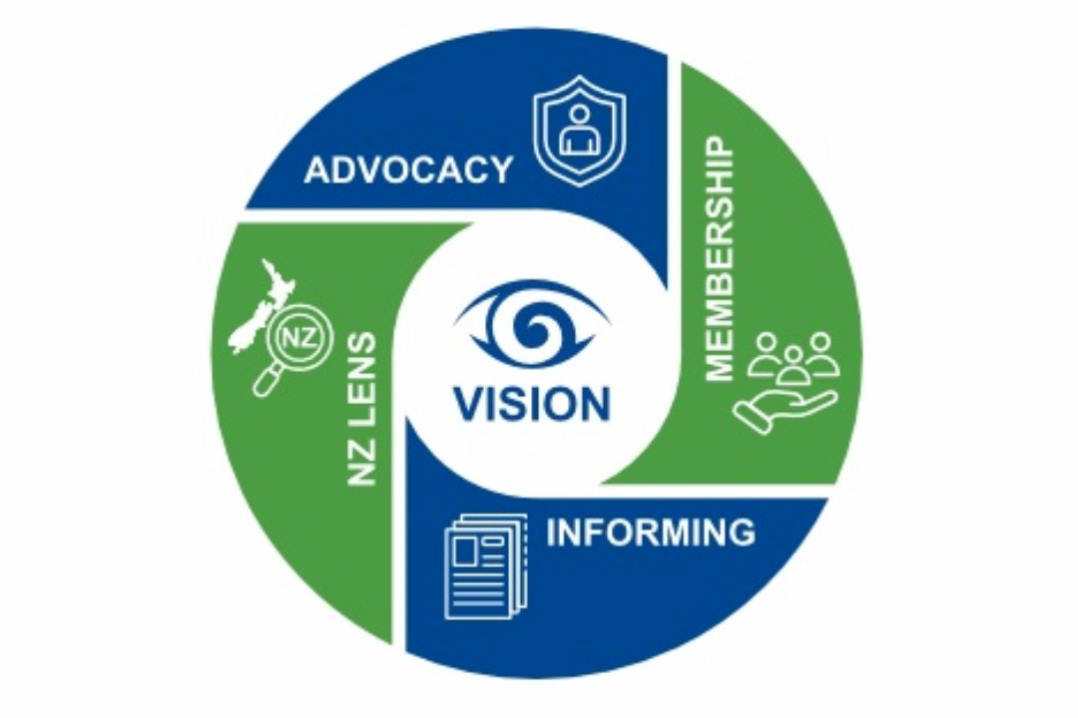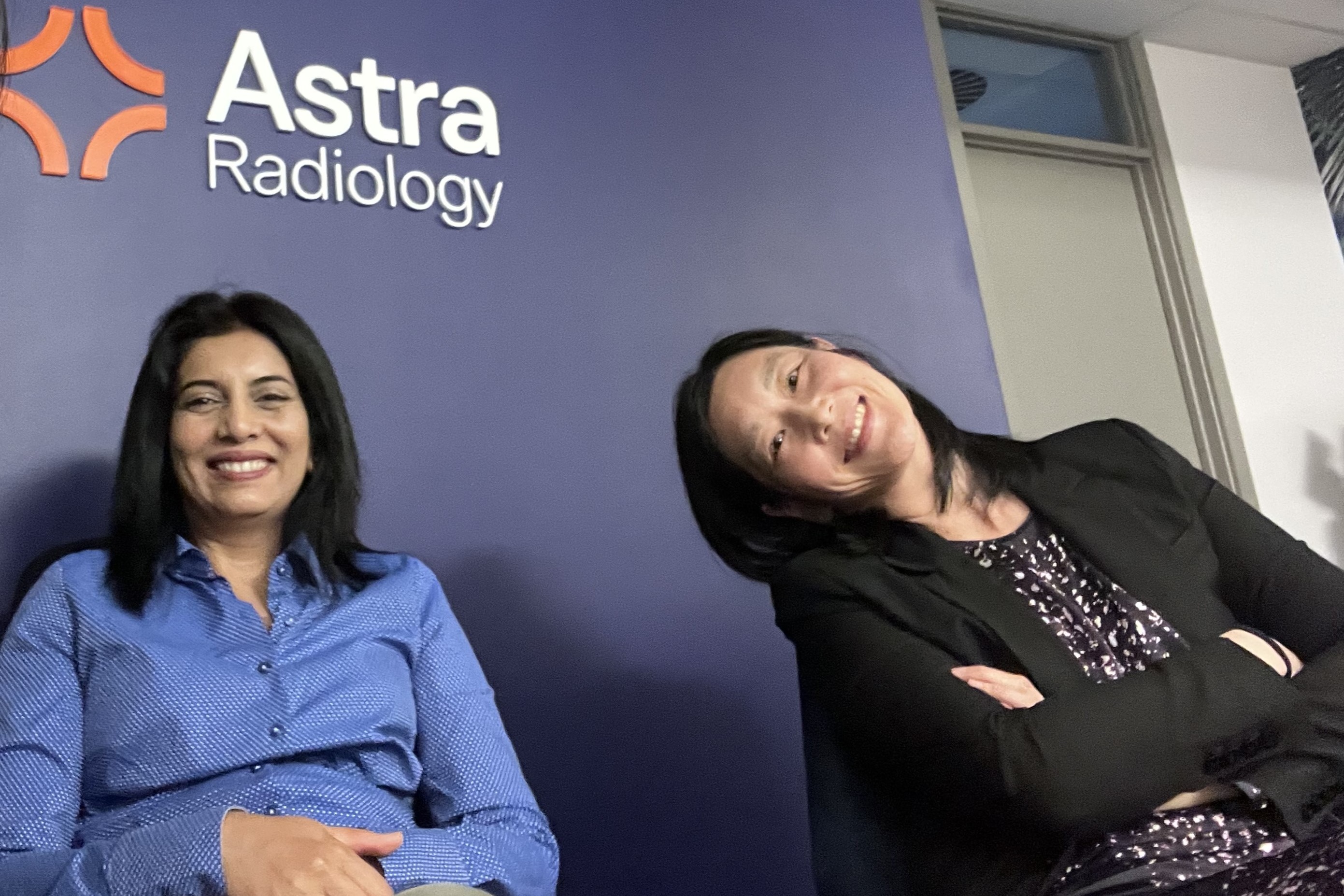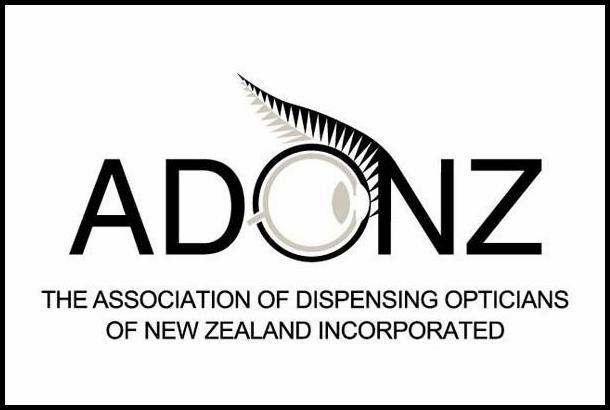LETTER: ODOB on ‘blind trust’ claim
It was with interest that we at the Optometrists and Dispensing Opticians Board (ODOB) read Robert Ng’s Chalkeyes column, Blind trust in the ODOB?, in the May 2024 edition of NZ Optics.
Ng refers to the advice given by us in relation to the use of the title ‘Dr’ by optometrists. He suggests our position does not align with that of other responsible authorities (RAs), citing the Dental Council as an example. In issuing guidance for practitioners, we were mindful of our primary function to protect the health and safety of the public. Our view is that the use of the title ‘Dr’ by optometrists could leave room for misunderstanding. It’s likely to be more difficult for the public in general to distinguish between an optometrist and an ophthalmologist than between a dentist and an ophthalmologist.
Ng asserts the ODOB “has included a cop-out clause requiring an individual to seek independent legal advice”. We respectfully disagree with Ng’s assertion. As health practitioners, optometrists and dispensing opticians are responsible for ensuring they remain compliant with the legislative requirements applicable to their profession and to their practice. It is not the board’s role as an RA to provide legal advice. However, we encourage practitioners to seek any advice, legal or otherwise, they consider may be necessary to assist them in this regard.
Ng’s next point relates to the standard of CPD certification required for renewal of Annual Practising Certificates. He claims many practitioners were inconvenienced by a lack of consistency in the information the board provided in relation to the requirements. We regret there was an error in the advice given; however, as soon as this issue came to our attention, we took steps to rectify the matter by providing clarification. We trust that any misunderstanding has now been resolved and invite practitioners to contact us if they have any questions.
Ng goes on to raise an issue about typographical errors in our communications during the Covid-19 pandemic. We understand this was a stressful time for many. While we strive to maintain a high standard in our communication, unfortunately we are not immune to human errors, though we thank Ng for his feedback.
Ng’s next concern relates to the board’s authority as a regulator. He contends that various practitioners have expressed surprise that the ODOB lacks authority over non-registered individuals and suggests the board “can’t protect the public from threats posed by” certain commercial organisations. The board’s legislative jurisdiction extends only to individuals who hold registration with us as optometrists or dispensing opticians. Regrettably, we have no jurisdiction or authority over those who are not registered or over commercial organisations. Nonetheless, in all cases where we have been notified of concerns about non-registered individuals or commercial organisations, we have referred these to the Ministry of Health to take appropriate action.
Ng then comments on the board’s decision to increase fees, asserting they increased because board funds were depleted by “alleged mishandling” of the introduction of the specialist optometrist scope of practice – ophthalmic laser surgeries – and that the costs incurred related to this scope benefited just a few practitioners.
Like other RAs, the board’s source of funding derives from fees received from the practitioners it regulates. Irrespective of the number of practitioners, the board must fulfil its legislative functions as set out in Section 118 of the HPCA Act. Among other things, the 2020 amendment to the HPCA Act increased the board’s regulatory responsibilities. As we detailed in our consultation (September 2023), while there had been no significant increase in practitioners’ fees between 2017 and 2023, there had been an increase in the board’s expenses. Consequently, there was no option but to increase practitioners’ fees to ensure the board had the necessary resources to continue to fulfil our legislative obligations. The board commissioned an independent review to develop a quality-assured costing model which took account of affordability for practitioners as well as workforce trends. We encourage anyone who may have questions or concerns to refer to our consultation paper.
We disagree that there was any “mishandling” of the matter related to the laser surgeries scope of practice. We established this scope after a positive response to consultations with our stakeholders, including those within the optometry and optical dispensing professions.
While we acknowledge that the board’s decision could be seen as benefiting just a few, for a high cost, we suggest that it is open to any practitioner to obtain the necessary qualifications to gain registration in this scope. Furthermore, we believe it is important to note that it was not the board that instigated the complaint to the Regulations Review Committee. While the board successfully defended its position, the cost of doing so was unavoidable.
In his last point, Ng expresses concern about an amalgamation of the chief executive (CE) and registrar roles. It is not uncommon in smaller RAs for the functions of the CE and registrar to be performed by a single individual, irrespective of title. In our case, while there was a change in title to reflect the true scope of the role, there was no salary adjustment. Each year the board includes its independently audited financial statements in its annual report, which are published on our website, accessible by practitioners and the public alike.











